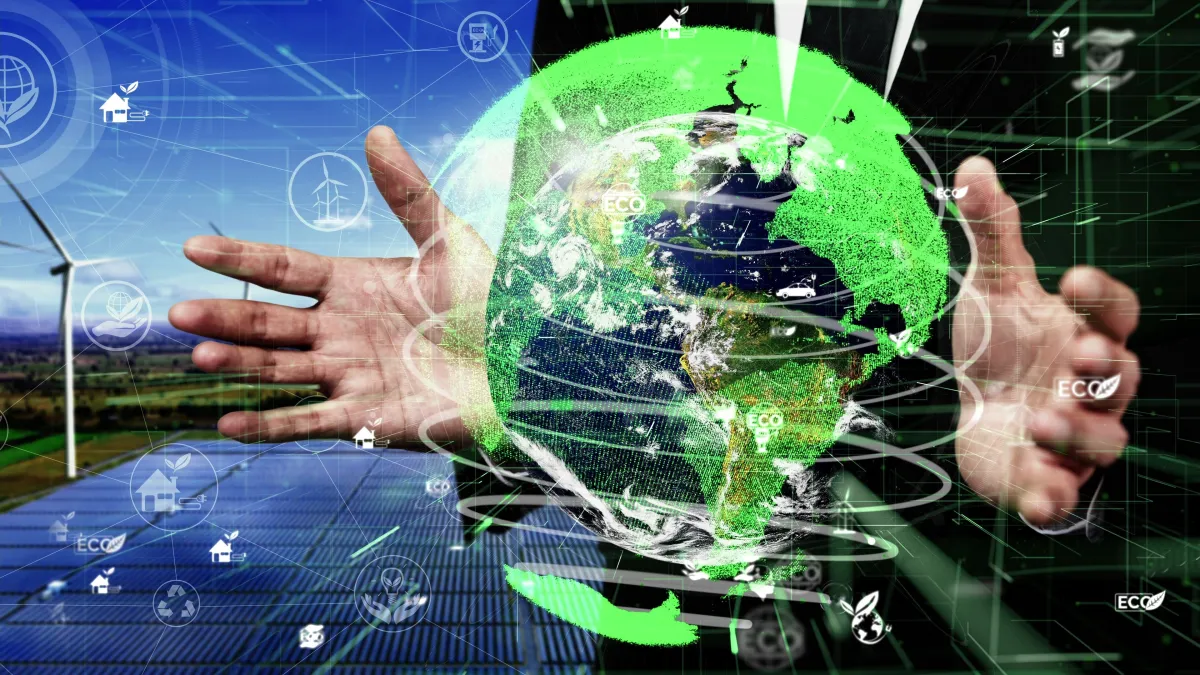
At present, both the public and private sectors in Thailand are focusing on the development of the circular economy. The government plays an important role in formulating policies and measures supporting the country’s circular economy. At the same time, amendments to laws unfavorable to the circular economy are being considered and various measures are being formulated to increase benefits for the private sector. The private sector, for its part, has become more aware of the circular economy by formulating business operation concepts under the circular economy principle. Considering the circular economy development status of Thailand, there are several notable developments:
1) Driving policy and putting the Sustainable Development Goals (SDGs) on the agenda and making them fundamental to national development is an important starting point for the development of Thailand’s circular economy. At present, government agencies have established policies or measures that directly and indirectly support the country’s circular economy, such as the preparation of a plastic waste management roadmap 2018-2030;
2) The role of the private sector. The awareness of the circular economy in the private sector is becoming clearer. Large entrepreneurs have set up business operation concepts under the circular economy principle. At the same time, the number of new entrepreneurs and community enterprises involved in the circular economy has increased, such as recycling businesses;
3) Strengthening research and development. Many departments and authorities in Thailand have developed research projects and studies aiming to maximize resource utilization. However, at present, there is a development of the country’s material flow database and the development of the agricultural waste management and database in order to improve the knowledge and solutions in the circular economy that are suitable for the country’s context;
4) Since the government has a policy to promote the circular economy concept as a guideline for sustainable development, it requires the processes to create knowledge and spread better understanding of the circular economy to the wider society. The knowledge development and management of circular economy education between the agencies and networks of the government, the private sector, and higher education is therefore important.